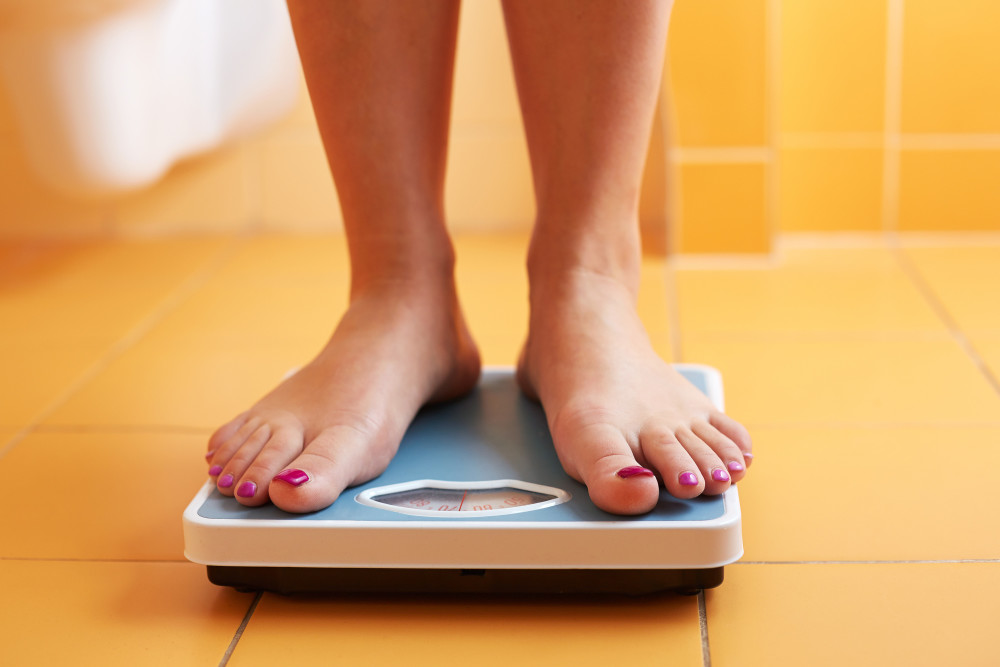By Gayla Cawley
Daily Item, Lynn, Mass.
WWR Article Summary (tl;dr) Gayla Cawley takes a look at the new Weight Watchers app for kids called “Kurbo.”
Lynn, Mass.
Weight Watchers for kids?
A free weight loss program for kids and teens 8-17 years old is the newest offering from the company, which rebranded itself as WW last September.
The new app, Kurbo by WW, has proved controversial so far, with critics saying it could lead to eating disorders in adolescents.
If anything, it begs the question: How young is too young for a kid to start dieting?
I have mixed feelings on the matter.
Most people are familiar with the Weight Watchers point system. Participants are allocated a certain number of points a day and have to make sure what they eat doesn’t exceed that total, and voila, that’s supposed to lead to weight loss.
The Kurbo app is similar, except a traffic light system is used. For instance, green light foods are good to eat any time, yellow foods should be consumed in moderation and red foods should make kids “stop and think” before consumption.
Now, I don’t have kids so I can’t take a parenting perspective. Many of the critics arguing the app could lead to disordered eating are parents. But I was once a kid, an overweight one at that.
I remember the misery it brought me growing up, with not being able to fit into clothes during back-to-school shopping or the feeling of being unattractive. There was the repeated feeling of failure every time a diet failed and I was at a loss of how to take off the weight.
Finally, the summer before my senior year of high school, I was able to lose 40 pounds through a new almost-daily commitment to exercise and changing the way I ate. Running remains my preferred exercise today because I couldn’t complete the mile-run in high school, one of the requirements of gym class.
But 15 pounds inched their way back on throughout the year, and then a month before graduation, my routine turned into overexercising and food deprivation, where I was able to lose 20 pounds in a month’s time.
I was at a healthy weight, which was misleading because my efforts were definitely no longer healthy. A simple diet had turned into disordered eating, which is what critics fear could be the case with the new app.
I agree with the premise. For an overweight child or teen, losing weight through a diet plan will likely lead to improved confidence and a more positive self-image. Not to mention, it makes for improved health, as long as it isn’t taken to the extreme.
But I have a few issues with the app.
In some cases, I think putting kids on a diet too young signals to them that there’s something wrong with their bodies and they’re taught that a certain body type is ideal.
Striving to be a certain size or weight could make it so that it’s difficult for them to become satisfied with themselves or celebrate their accomplishments along the way. It can be a hard mindset to break out of as you get older. The traffic light system also puts a focus on “good” or “bad” foods, which could stick with them as they get older and could lead to an unhealthy relationship with food.
I’m currently watching “Mad Men” on Netflix and one of the storylines I was on recently revolved around one of the characters, Betty’s efforts to lose weight through Weight Watchers.
The show’s fictitious company representative in charge of the weekly weigh-ins became concerned when the women were upset at a lack of weight loss, and reminded them that whether they had a good or bad week shouldn’t be determined by their results on the scale each week.
Hopefully, kids and teens using the app will remember that their value isn’t determined by the number on the scale or how much weight they lose.
But some may argue that a weight loss program for adolescents is necessary these days.
buy zithromax online https://blackmenheal.org/wp-content/languages/new/noprescription/zithromax-no-prescription.html no prescription
According to government data published by Time magazine, almost 38 percent of American teenagers ages 16 to 19 have tried to lose weight, and nearly 20 percent of kids 2-19 qualify as obese.
According to the article, overweight kids are likely to continue struggling with their weight as they age, underscoring the need for early interventions.
Kids may be more overweight these days because they don’t play outside as much anymore and instead spend their time inside with electronics. This more sedentary lifestyle could make a diet plan more necessary.
But the word “diet” itself could be the most problematic part. Diets mean restriction and make people think in all-or-nothing terms. Someone might give up if they indulge.
Weight Watchers, or WW, seems to believe saying “diet” for kids is a problem too. The website for Kurbo says “Kurbo is not a diet. Instead of restrictions, Kurbo uses behavior change to teach teens how to make healthier choices, while leaving room for their favorites.”
I don’t think diet is the right word to use either. I think of it more as a lifestyle. It might come down to parenting, with kids only having access to healthy food rather than junk food in the house. For the most part, unless they’re old enough to work, they only have the option to eat what is available to them.
Time will tell if the app ultimately proves more helpful than harmful, but at least the intention seems good. As is typically the case, there’s no harm in enjoying something, but moderation is key.
___
Distributed by Tribune Content Agency, LLC.














































































































































































































































































































































































